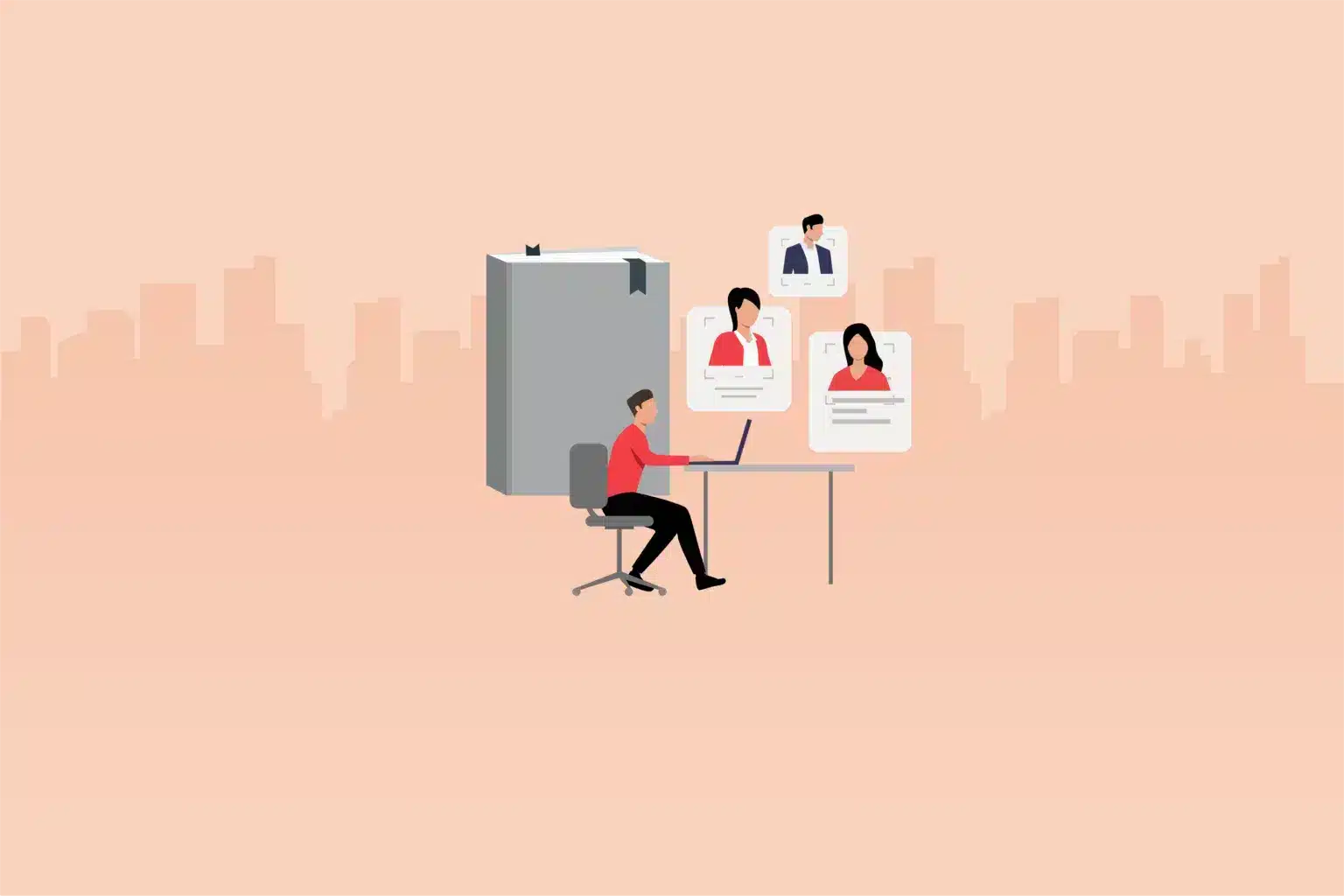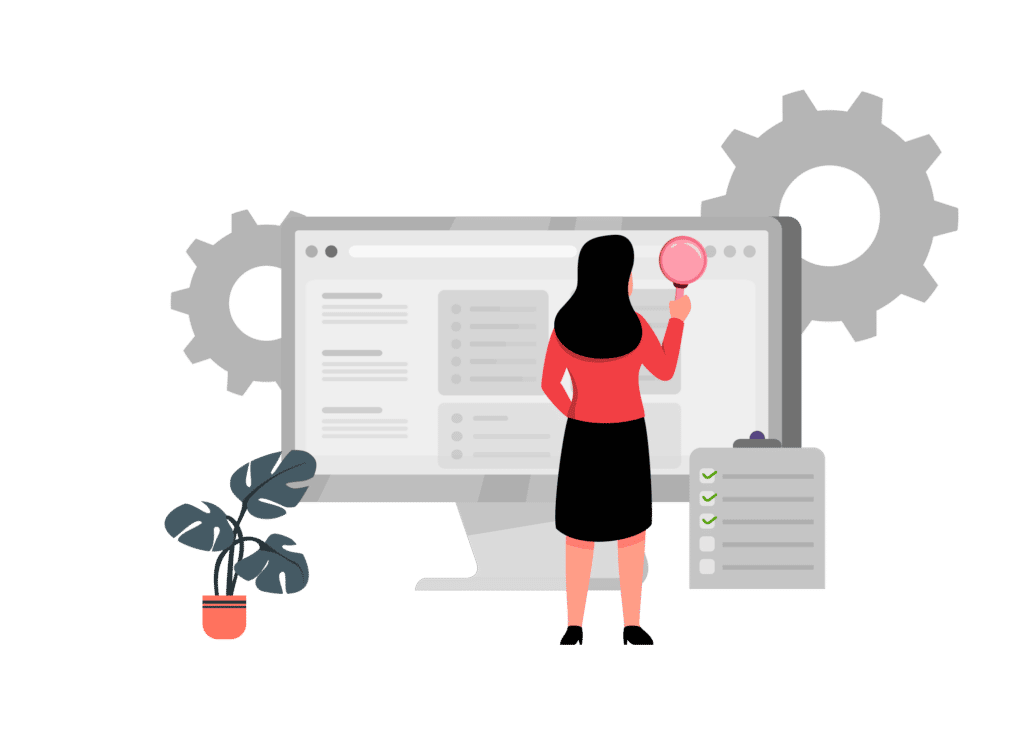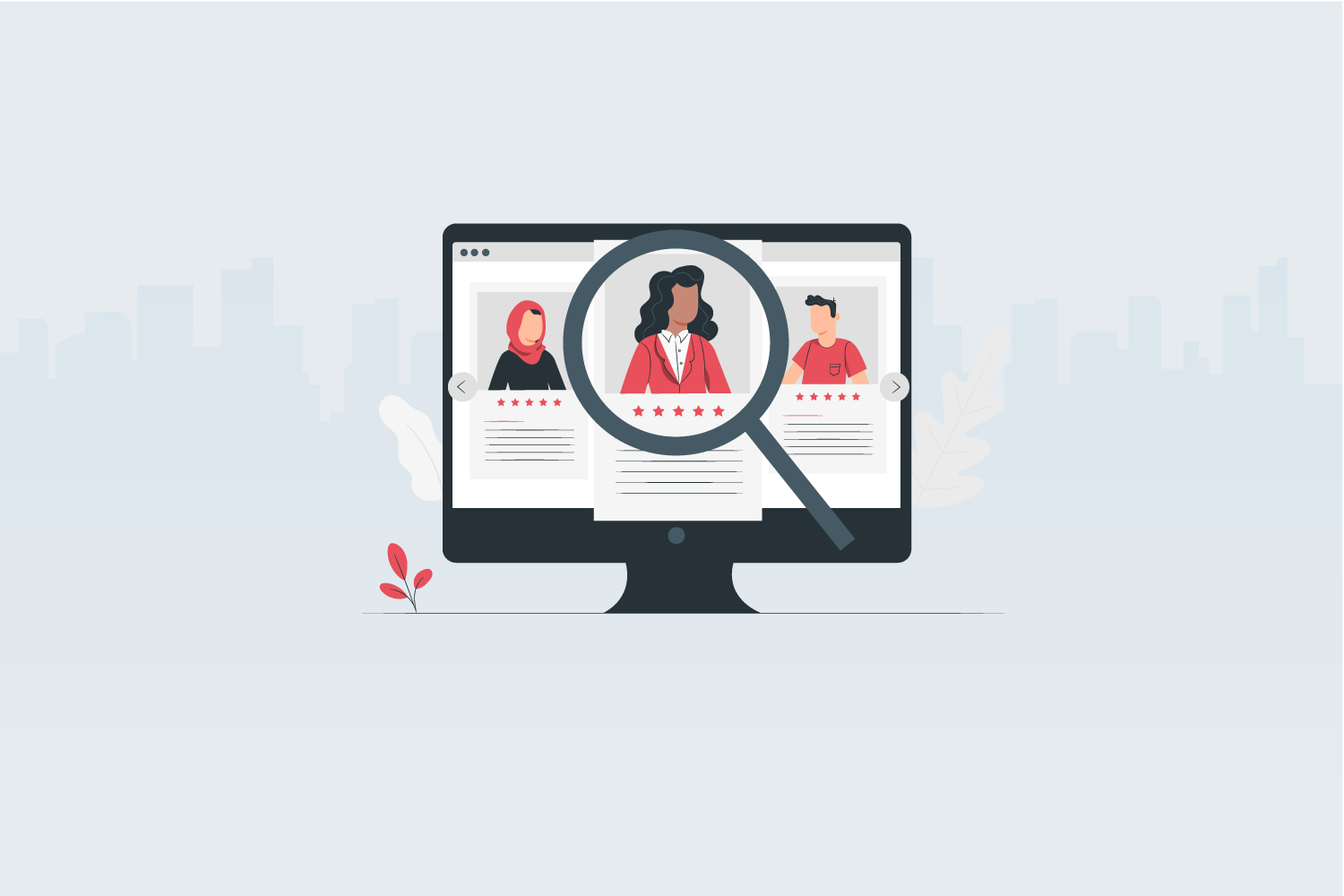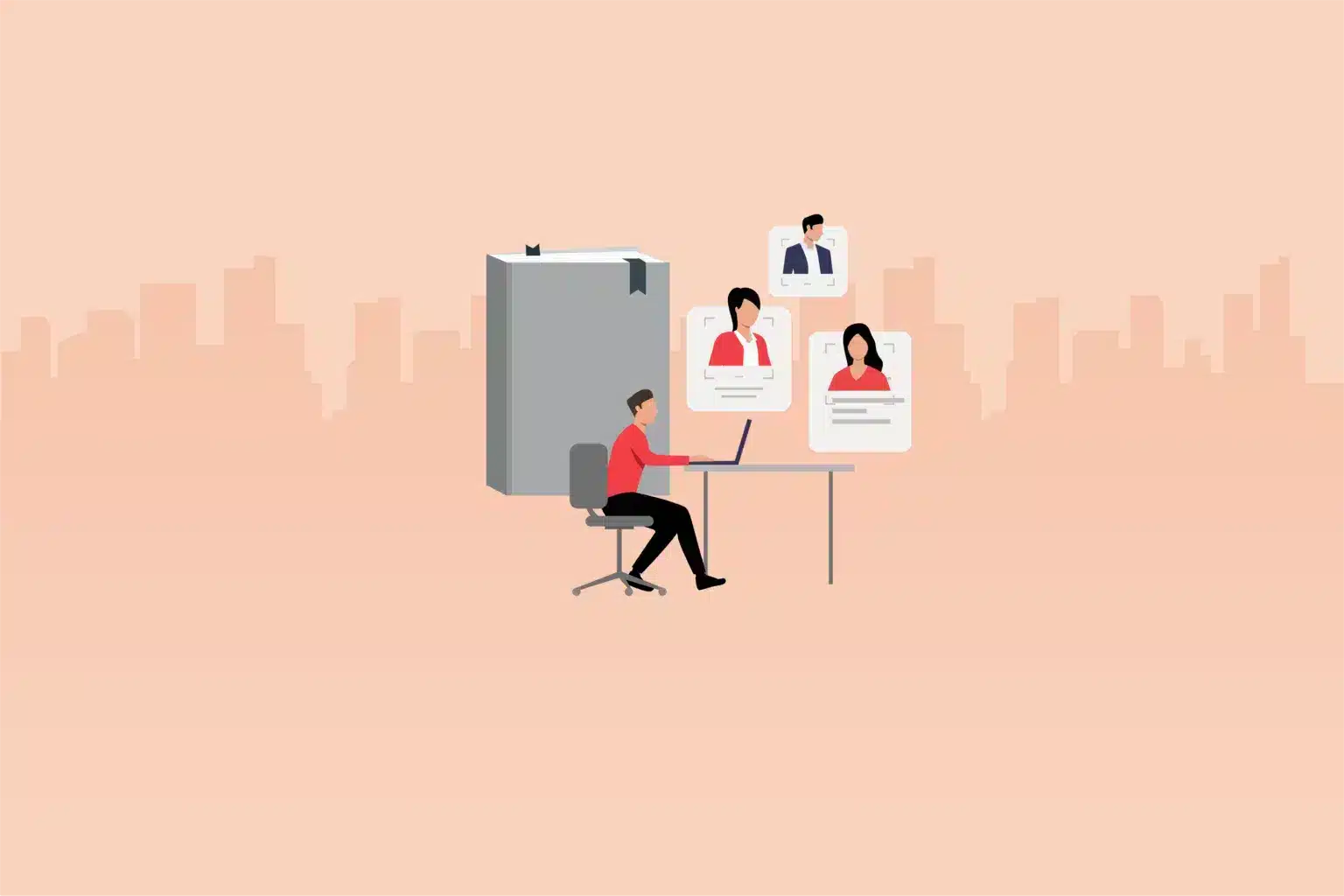We’ve all seen those job offers that seemed certain after an applicant aced the interview—until the hiring manager asked for a test. The inclusion catches many applicants unaware, although the term “test” is the sole disturbing aspect. Professional testing, on the other hand, is a legitimate and equitable method for businesses to use in their hiring processes. While it’s common practice to include a role-specific exam in most modern interviews, a more recent development is the incorporation of the Big Five personality test. These allow employers to gain a more nuanced understanding of a candidate’s character, abilities, and conduct.
Employers and recruiters may save time and effort by using this method to verify that the individuals they hire are a good fit for their company. Consequently, personality tests have gained immense popularity among corporations worldwide as a means of screening potential employees.
“What exactly are the exams?” “How are they operated?” “What information can you glean about applicants from these big five personality tests?” We will patiently answer all of your questions and teach you more about the use of personality tests in the hiring process.
What is a big five personality test for recruitment?
To evaluate candidates and identify those whose character qualities are a good fit for their company, employers and recruiters often use the Big Five personality test. Its purpose is to reveal certain characteristics of candidates’ personalities and to predict how likely they are to succeed in particular roles.
Interviews for highly specialized jobs, like data analysts or computer engineers, sometimes include role-specific examinations. New to the procedure for candidates at the mid-level and upwards are personality tests, which give employers a more nuanced picture of the applicants’ traits, abilities, and habits.
According to a SHRM poll, one-third of HR professionals use personality tests as part of their executive screening and interview procedures.
The advantages of using personality tests in the hiring process
The use of psychometric testing at every stage of the talent cycle has been on the rise in recent years. When looking to foster teamwork, identify leadership potential, and evaluate talent, Big Five personality tests are commonly used by employers. Even though they were never meant for that purpose, many companies still choose not to utilize personality tests when hiring new employees. However there are many advantages to using trustworthy Big Five personality tests, and they are among the best tools for hiring that are available today.
Drawing on the most recent and robust research in organizational psychology, I will discuss the following benefits of employing personality tests throughout the recruiting process:
Performance in a context
Predicting contextual performance—”the ability of employees to contribute to the overall well-being of the organization”—is the primary benefit of utilizing Big Five personality tests throughout the recruiting process. Working extra hours, offering to take on more responsibilities, and raising mood in the office are all examples of things that go beyond one’s professional responsibilities. These beneficial actions are based on particular personality qualities that can only be quantified via big five personality trait test, making them unique among employee selection tools. Unlike Big Five personality tests, interviews primarily focus on communication and interpersonal skills; nonetheless, applicants with strong interviewing skills can persuade interviewers that they exhibit these qualities.
Unproductive actions on the job
A worker’s “employee voluntary behaviors that harm organizations or people working in those organizations” is what experts call “counterproductive work behavior” (CWB). Theft from the employer, inciting workplace disputes, fabricating sickness excuses, and vandalizing business property are all examples of what might be considered workplace misconduct. Personality qualities including agreeableness, emotional intelligence, and honesty can be utilized in recruiting to reduce the likelihood of employees displaying CWBs, shielding the organization from potential harm. Interviews also do a terrible job of predicting CWBs, much like contextual performance. The conventional interview is a good test for employees’ levels of Machiavellian and manipulative behavior. Consequently, companies can only protect themselves against CWBs in the employment process through the use of Big Five personality tests and other behavioral evaluations.
Task execution
Predicting task performance, or an employee’s capacity to carry out the duties formally assigned to their position, is another key benefit of employing Big Five personality tests for recruiting. Personality assessments can be helpful in this area, but cognitive ability tests are more accurate indicators of how well a person would do on a task. Characteristics like diligence and conscientiousness, which are good indicators of how well an employee will complete tasks at work, can greatly enhance the accuracy with which this crucial competency may be predicted. Being conscientious helps workers maintain concentration and attention, which in turn allows them to work quickly. Industrious workers have a certain amount of motivation and persistence, which guarantees that they work hard to accomplish their goals and won’t give up until they’ve succeeded.
The fit between culture and role
Predicting person-environment fit is another big benefit of employing Big Five personality tests during the recruiting process, in addition to performance. Every company has its own distinct culture and way of doing things, so when there is a mismatch between the two, it can be rather unpleasant for everyone. Employee engagement and happiness on the job might also take a nosedive when roles aren’t a good match. For instance, it’s not a good idea to hire salespeople if they despise interacting with customers and meeting goals. To maximize employee engagement, it is important to use Big Five personality tests and behavioral assessments to identify environment-job fit. This way, you can be sure that everyone is behaviorally matched to their work. Fit with the company’s culture is also important, as it affects retention and turnover rates.
Wellness and Overwhelm
Employee happiness and fatigue may be better predicted with the use of big five personality trait test in the workplace, which brings us to our final major advantage. Companies have a responsibility to look out for their employees’ health, thus this is a problem that affects them directly. To safeguard workers against burnout and stress-related diseases, personality assessments assess a variety of behavioral components that are foundational to stress management and resilience. Therefore, businesses should take precautions to ensure that new employees don’t suffer from stress-related illnesses, particularly in industries where employees are already under a lot of strain or deal with sensitive issues regularly (like healthcare).
Personality tests as the latest recruitment trend
Among US companies, 13% use personality tests, and 68% use skill tests tailored to specific jobs or roles, according to data from the Society for Industrial and Organizational Psychology. This is a growing trend as businesses all around the world adapt to new trends in the market and adopt innovative hiring procedures.
Taking a personality test is an important component of any modern employment procedure. Employees may be less invested in their work if their responsibilities are not a good fit for their personality, according to studies conducted by prestigious universities. As a result, productivity drops by more than 20%, and turnover rates rise by over 40% when employees aren’t invested.
It takes a lot of effort and money to hire new staff. Consider the time and effort required, as well as the financial investment, to bring on a new employee. It starts with the interview and continues through the training phase and into the system. These procedures keep running in a never-ending cycle.
Therefore, it is in the best interest of employers to screen candidates for long-term employment in advance to save time, effort, and money and to avoid a decline in productivity. This sparked their quest for an improved decision-making recruiting tool with a predictive index.
Appropriate personality assessments for hiring
A lot of Big Five personality tests weren’t developed with hiring in mind. Businesses should use caution when using personality tests to vet potential employees. Using a test that isn’t psychometrically sound to hire new staff might lead to even more disastrous outcomes.
When looking for a reliable and valid personality test to use in the hiring process, keep these factors in mind. The results should be consistent if the same person performs the test under the same circumstances more than once.
You won’t find many tests that can guarantee accurate findings. Do not waste your time or money on a test that does not provide evidence of its validity and reliability.
You may be asking, “So, what kinds of Big Five personality tests should I be on the lookout for now?” To address your question, we have the answer. Based on their validity and reliability, the following personality tests are suggested for use in the hiring process.
The caliper profile
To predict how a candidate will conduct and perform on the job, the Caliper Profile takes a look at their personality traits and what drives them.
Over sixty years of study have proven that the Caliper Profile is an effective tool for evaluating applicants. It may uncover relevant job motives by analyzing 22 strong qualities.
Results from the Caliper Profile may be utilized at every stage of an employee’s lifecycle, including recruitment, training, advancement, team building, and even replacement planning.
Hogan personality inventory
Individuals can learn more about their typical, upbeat personalities by taking the Hogan Personality Inventory (HPI). When applicants are performing at their highest level, this will show employers how they would engage with others.
You may learn a lot about a candidate’s work ethic, team leadership skills, and potential for success from this exam.
HEXACO Personality inventory
Six important components of personality can be estimated by the HEXACO Personality Inventory: openness to experience (O), agreeableness (vs. anger), conscientiousness (C), emotionality (E), and extraversion (X).
This personality test, like the others below, aids recruiters in finding people who will be a great match for their company.
Berke assessment
An easy-to-understand questionnaire that can provide insight into a person’s personality and problem-solving skills is the Berke Assessment. With the aid of this personality test, more than 700 companies have been able to fill open positions.
SHL Occupational personality questionnaire (OPQ)
More than 30 years have passed since the SHL Occupational Personality Questionnaire (OPQ) was first developed. Throughout the world, people use it to get jobs.
The OPQ is a routine behavior-based assessment tool for gauging an individual’s potential in the workplace. From entry-level workers to upper-level executives, this personality test covers it all.
The Predictive Index
Subway and Automation are just two of the many well-known organizations that use the Predictive Index as part of their hiring process. Behavioral science is the engine that drives this personality test.
This 10-minute personality test will get right to the point. As part of the Predictive Index, applicants are asked to select terms that best characterize themselves and those that depict how others would anticipate them to behave. In addition to seeing how applicants work, employers would also get a sense of their thinking processes.
Take the Predictive Index if you need a quick way to learn about a candidate’s motivations through a personality test.
Conclusion
Companies often find that Big Five personality tests help them find the best candidates for open positions. Not only do they aid in the elimination of bias on the part of recruiters, but they also give a fast and effective means to find competent individuals who possess the character attributes needed to excel in certain roles. In addition, Big Five personality tests can help you avoid hiring the incorrect individual by giving you valuable information about prospects. The inclusion of personality tests into the recruiting process will ultimately benefit businesses more than their non-users.







